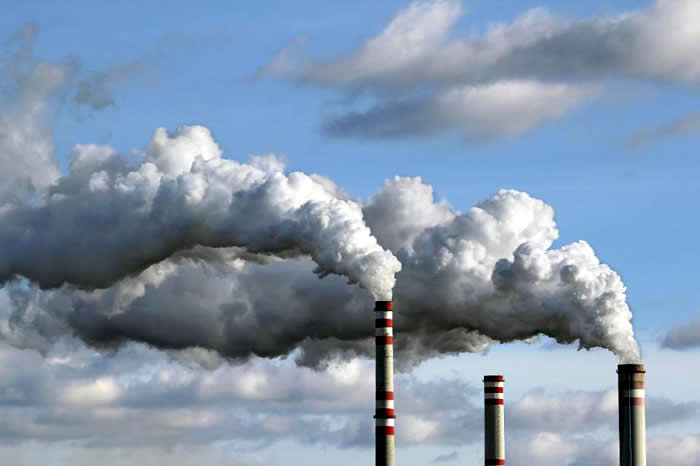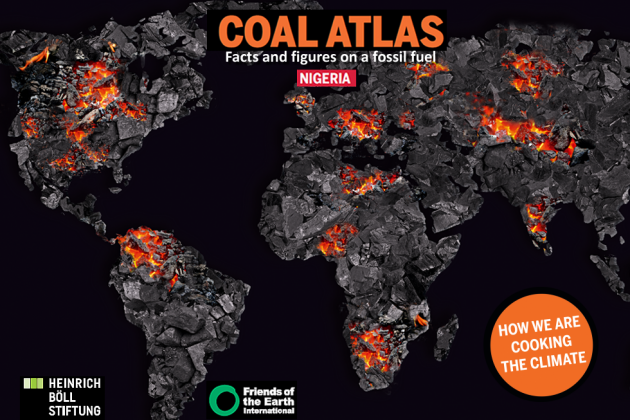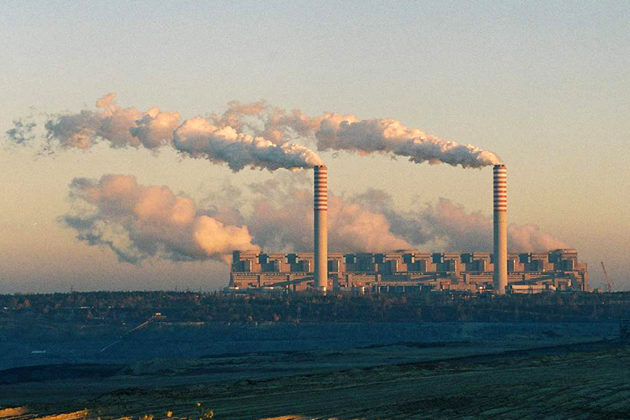Coal
What is Nigeria’s coal policy? The National Energy Master Plan (NEMP) of 2014 foresaw a major role for coal… It calculated the role of coal, and its potential contribution to Nigeria’s total electricity supply under different national economic growth scenarios, such as 7%, 10%, 11.5% and 13% annual GDP growth rates. NEMP (2014) reveals which path Nigeria…
Nigeria needs a power revolution, but where will the electricity come from? The energy sources in the country are many, including fossil materials such as oil, gas and coal – but renewable energy sources such as solar, wind and biomass are equally available in abundance. Christine K of the Heinrich Boell Foundation in Abuja lists facts and…
A major incentive for colonial rule in Nigeria were her natural resources and the wealth hidden beneath her soils, including large deposits of minerals strewn around the country. So alluring and wide spread were these deposits that it motivated the colonial government to amalgamate the territories now known as Nigeria for easier colonial management and transportation to…
Okobo, a small town in Enjema District of Ankpa Local Government Area, has reserves of up to 380 million tonnes of coal. The civil society group Global Rights focuses on human rights issues in mining communities in West Africa, and have visited Okobo community regularly to monitor the impact of coal mining on the lives of its…
When asked about the cost of coal, most Nigerians would list the monetary costs of coal power generation, such as the price of constructing the power plant and its operation and maintenance. Few would consider the environmental, health and social costs that might be attached to such large scale infrastructure projects. In this article, Ikenna Donald Ofoegbu…
The Nigerian Government’s policy towards coal has changed and evolved from the time of its discovery in colonial times to date. This article looks back at recent policy changes by government in harnessing the full potential of coal for Nigeria.
Hard Talk between Ambassador Joseph Ayalogu, Executive Director Corporate Relations of ETA Zuma Group, the company that holds licences for coal mining and coal power plants in Kogi State, and Nnimmo Bassey, Director of the Health of Mother Earth Foundation, who advocates for ‘leaving coal in the hole’ and opposes extraction. Will coal push Nigeria into the…
Change is under way for the world’s biggest coal consumer; consumption in 2014 was down. Renewables are up. Coal-fired power plants are working at less than full capacity.
The imaginary thoughts of an African investor about to invest in coal, or not. Weighing the desire for profits in the ‘era of the megawatt boom’ against fears of investing in stranded assets as elsewhere, the time of coal seems to end. This is a hypothetical piece.
Coal Atlas Nigeria contains the latest facts and figures on the use of coal and its environmental and social consequences. With detailed graphics, the atlas illustrates the coal industry’s impact on nature, health, labour, human rights and politics.












